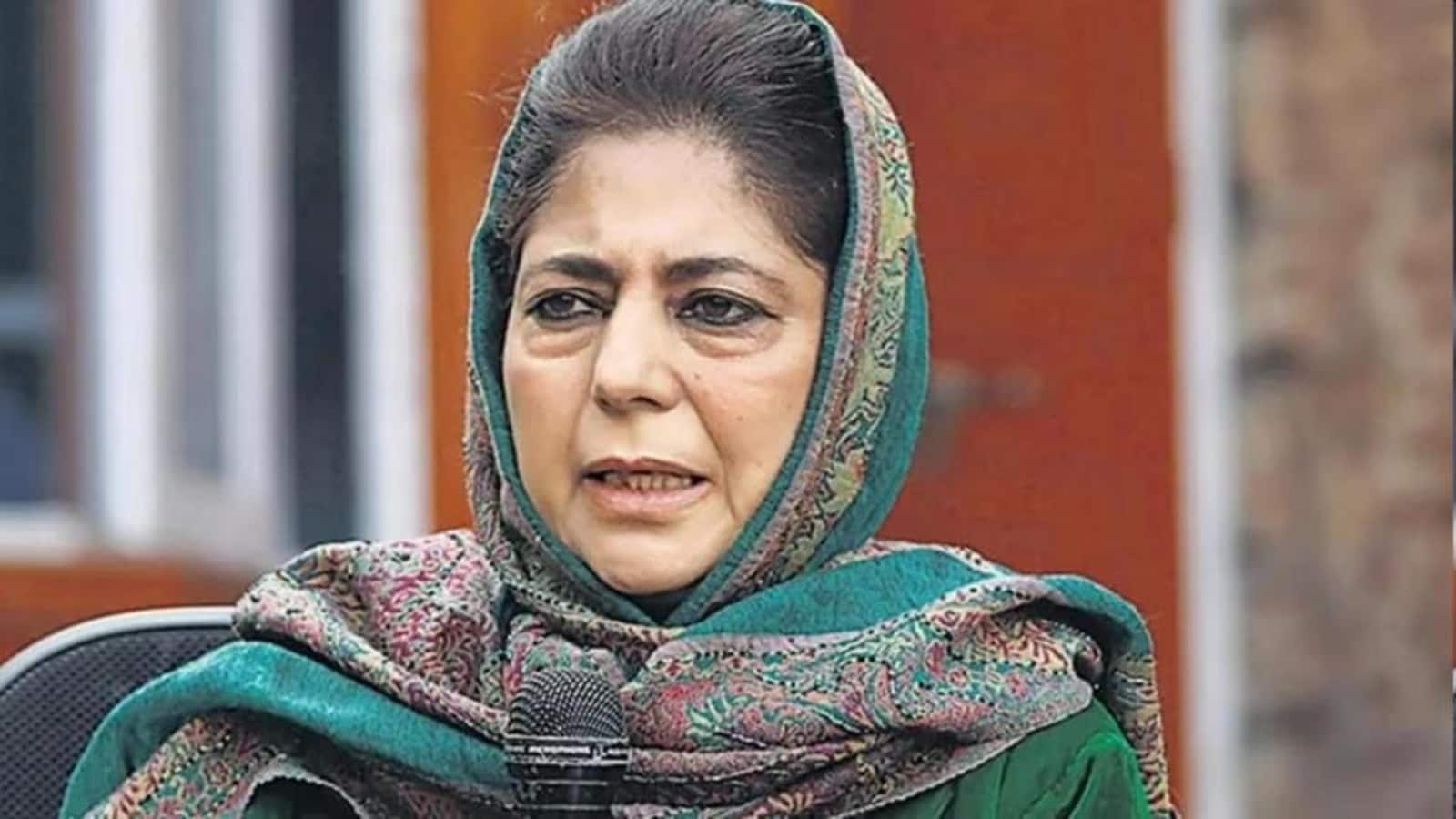On October 31, recognized as Union Territory (UT) Foundation Day, former Chief Minister Mehbooba Mufti described the day as a “Black Day” for the people of Jammu and Kashmir.
This sentiment reflects her ongoing stance against the revocation of the region’s special status and its reorganization in 2019, which led to the downgrading of Jammu and Kashmir from a state to a union territory.
Background on UT Foundation Day in Jammu and Kashmir
The reorganization of Jammu and Kashmir into two union territories – Jammu & Kashmir and Ladakh – took effect on October 31, 2019, following the abrogation of Article 370 on August 5, 2019.
Article 370 had granted special autonomy to Jammu and Kashmir, which was removed, sparking widespread debate and reactions across the political spectrum.
Since then, October 31 has been commemorated as UT Foundation Day by the administration, marking the region’s transition to a union territory. The move was part of a broader strategy to strengthen governance in the area, though it remains controversial.
Mehbooba Mufti’s Opposition
Mehbooba Mufti, leader of the People’s Democratic Party (PDP), has repeatedly criticized this reorganization. She asserts that stripping Jammu and Kashmir of its statehood and autonomy has caused a significant loss of rights and identity for its residents.
Marking October 31 as “Black Day,” she expressed that the day is a painful reminder of what she views as a loss of Jammu and Kashmir’s dignity and autonomy.
In a recent statement, Mufti underscored her commitment to advocating for the restoration of statehood and special status. According to her, the current governance model is out of sync with the will of the people. She urges that the people’s voices be heard and calls for constructive dialogues with local leaders to resolve ongoing issues.
Responses from Other Political Leaders
Mehbooba Mufti’s remarks are echoed by other political leaders in Jammu and Kashmir who have argued that the abrogation of Article 370 has not brought the promised peace or development to the region.
However, leaders from the ruling party and officials in the administration highlight that the reorganization has allowed for more streamlined governance and brought investment into the region, creating new employment opportunities.
The divide between local sentiments and administrative reforms reflects the complex socio-political landscape in Jammu and Kashmir post-2019. National leaders argue that the change has integrated the region more fully with India and allowed for development projects.
However, regional parties, including Mufti’s PDP, stress the cultural and emotional connection that residents had with Article 370 and statehood, which they feel has been undermined.
Outlook on the Statehood Demand
The demand for the restoration of statehood remains a contentious issue, with Mehbooba Mufti and other leaders pledging to continue their advocacy.
In her address, Mufti highlighted that restoring Jammu and Kashmir’s statehood is essential for restoring democratic rights in the region.
With ongoing developments and dialogues around Jammu and Kashmir’s future status, the topic remains a focal point in both local and national discourse. Political analysts suggest that while there may be potential for policy adjustments, the central government has reiterated its commitment to the reorganization framework, focusing on development as the primary agenda.

